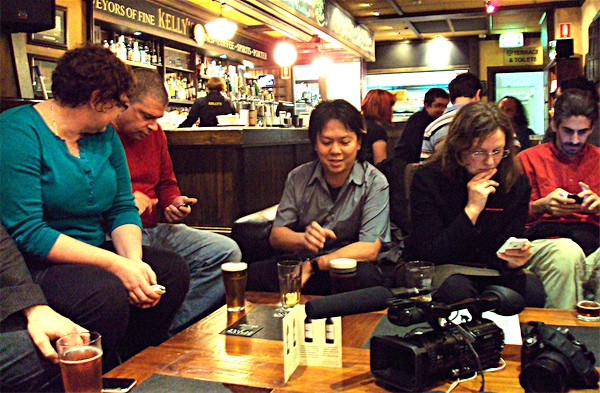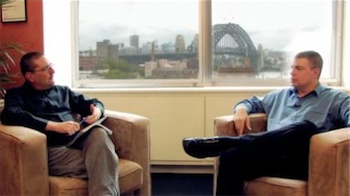The man in the photo, science historian and broadcaster James Burke, is a revolutionary. So pay attention. This is important.
I don’t mean “revolutionary” in the lame-arsed sense used by every pissant little company with a new kind of double-whacko widget that’ll “revolutionise” the double-whacko widget industry. Because it’s now available in three different colours.
No, I mean the real kind of revolutionary: someone who advocates a revolution — yes, as in a complete overthrow of the established political system.
I’ve just finished watching Burke’s ten-part TV series from 1985, The Day The Universe Changed. It’s available on DVD, but you can also do what I did and watch the whole thing on YouTube. At least until some copyright-addled arsehole decides that you can’t.
As Wikipedia says:
The series’ primary focus is on the effect of advances in science and technology on western philosophy. The title comes from the philosophical idea that the universe essentially only exists as you perceive it through what you know; therefore, if you change your perception of the universe with new knowledge, you have essentially changed the universe itself.
To illustrate this concept, James Burke tells the various stories of important scientific discoveries and technological advances and how they fundamentally altered how western civilization perceives the world.
Apart from anything else, TDTUC is an excellent history of western scientific thought. But, after taking you on this journey, Burke’s final episode is a revolutionary call to action.
Continue reading “The really real revolutionary revolution of the Internet”




